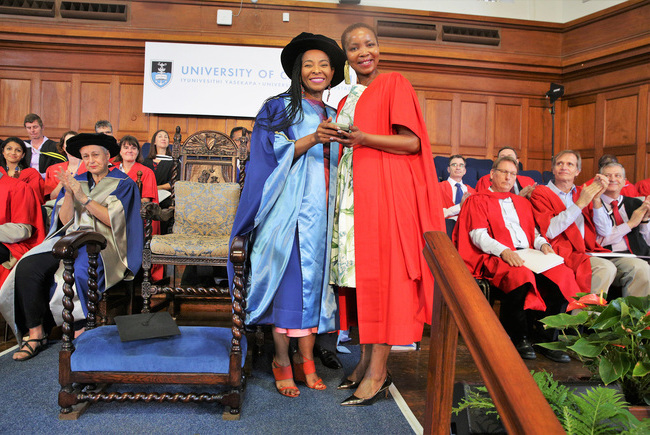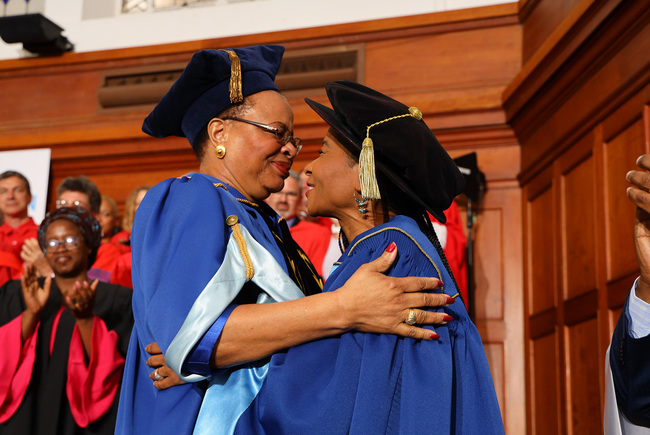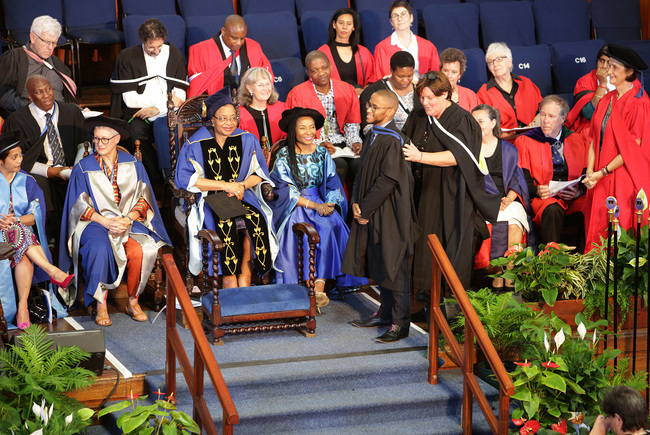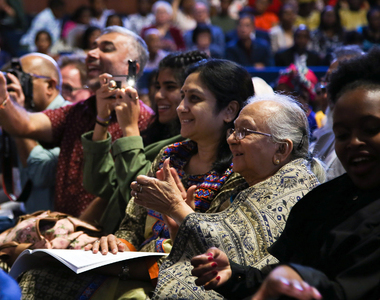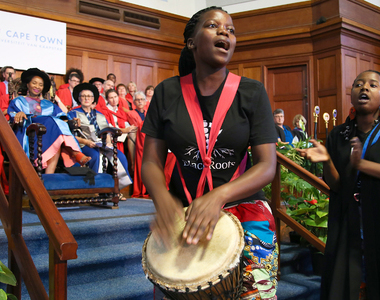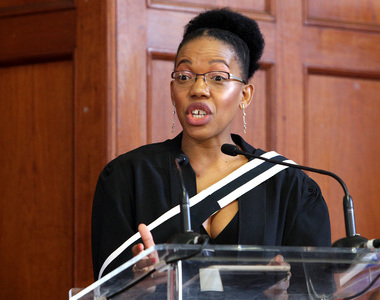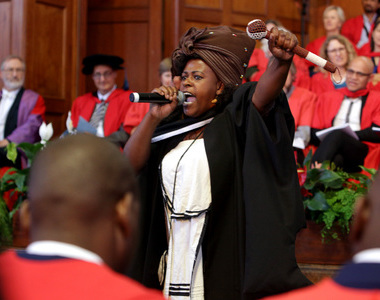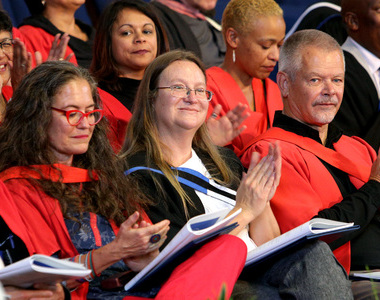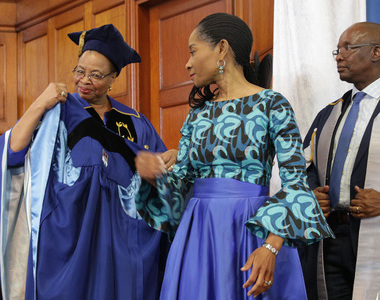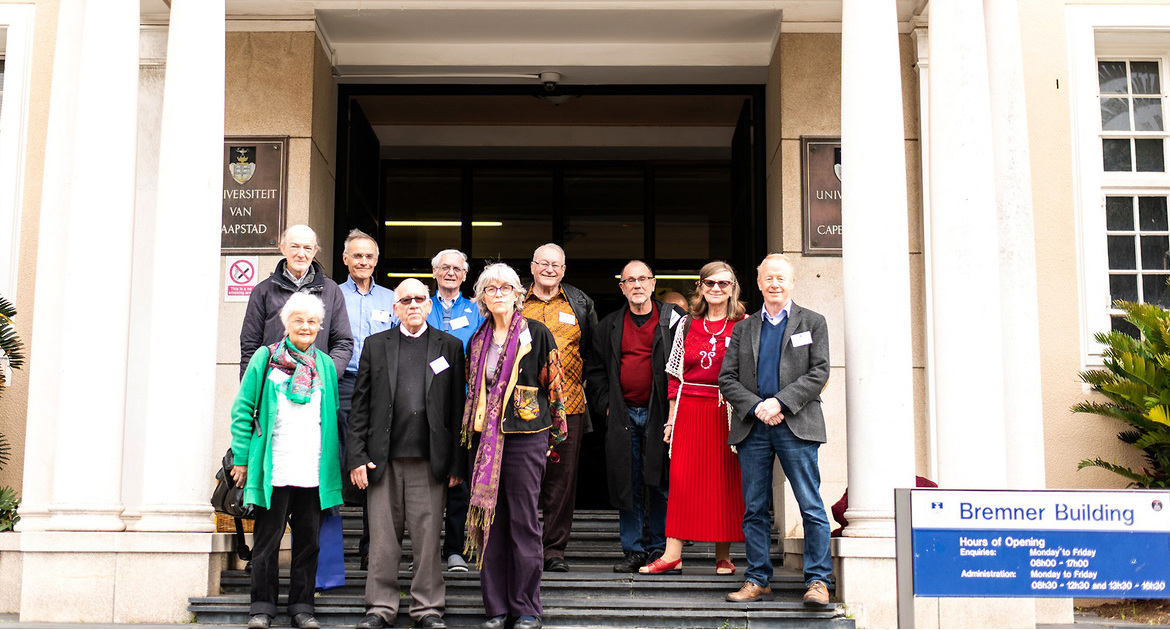Student’s 3D-printer plan to change education
13 March 2019 | Story Carla Bernardo. Photos Brenton Geach. Read time 6 min.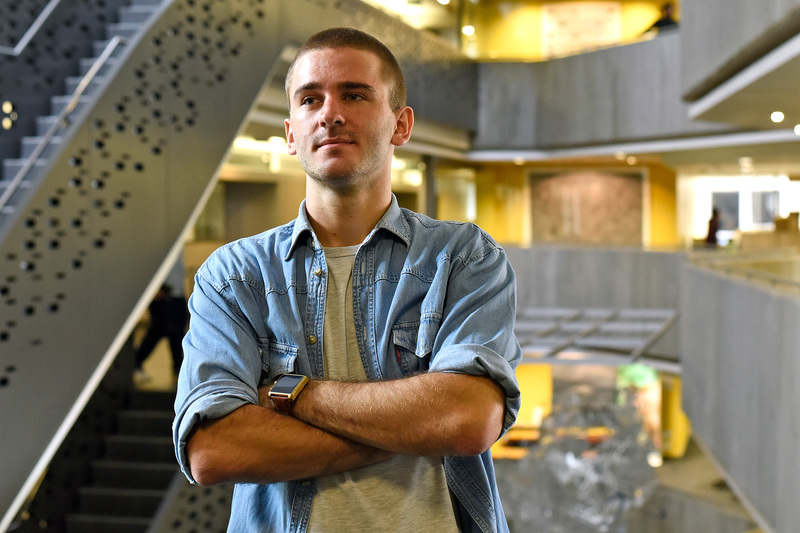
Experts have spoken of the need for a new kind of learning, of future-proofing children and of the benefits of design thinking. You’ve probably heard about 3D printing, blockchain technology, artificial intelligence, augmented and virtual reality. Student Denislav Marinov is combining these conversations, ideas and technologies to try to build a better education system.
Marinov (21), a third-year BSc physics and chemistry student at the University of Cape Town (UCT), plans on using 3D printers in South Africa’s schools to level the education playing fields.
His plan is to put one 3D educational printer into every school in South Africa, which he believes will drive solution-based, collaborative and cross-disciplinary thinking among learners. The goal is to democratise quality education while also demystifying the technology.
“Subjects are being taught in complete isolation,” says Marinov. “I think this is absurd given that in reality, all these subjects interact in one way or another.”
Marinov proposes that subjects are integrated using a problem-solving approach. An example would be finding solutions to Cape Town’s water crisis. Learners would research climate change, the history of water in the city, and dam locations. Already, science, history and geography have combined.
The next stage would be to create a solution which involves design thinking and engineering. Finally, learners can 3D print their solution – and hold it in their hands.
“I think this will lead to a new generation of inspired engineers and scientists.”
“I think this will lead to a new generation of inspired engineers and scientists,” he says.
Towards a solution
Marinov is no stranger to thinking across disciplines.
He attended the prestigious St Stithians Boys’ College in Johannesburg on a music scholarship. Under his Bulgarian parents’ guidance, Marinov began playing the piano when he was six years old.
There he joined an entrepreneurial society where he met an architect who introduced him to Blender, open-source 3D-creation software. Soon, Marinov was producing architectural renderings for clients and with this income and help from his parents, he managed to buy his first 3D printer.
While assembling the printer, he reverse engineered the process and figured out how it was built. By the end of his matric year, he had started designing his own 3D printer.
He built a hybrid, combining a printer, laser cutter and a computer numerical control (CNC) machine to cut through wood and metal.
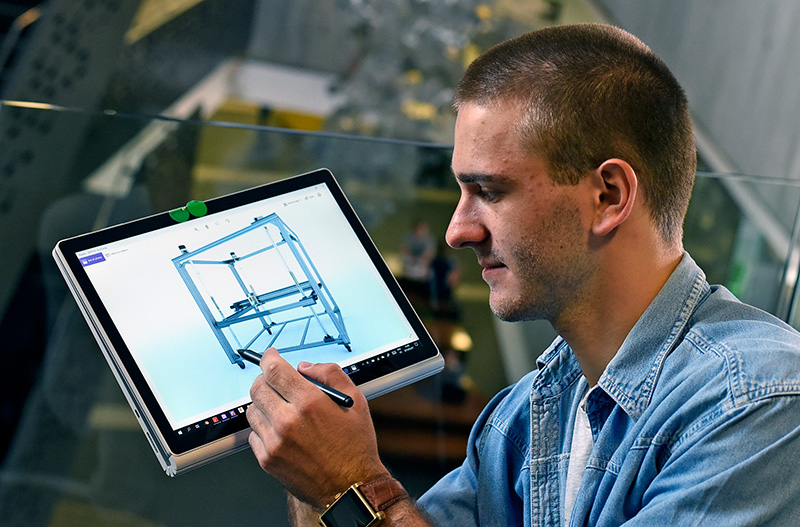
It was also around this time that he began looking for funding to study at UCT. Fortunately, the young innovator secured a scholarship from the Allan Gray Orbis Foundation.
At the end of his first year, he applied to join the Klaus-Jürgen Bathe (KJB) Leadership Programme at UCT. After sharing his ideas and plans for improving education in South Africa, Marinov was selected to be one of the programme’s high-impact leaders.
“I focused on the issue of education, how we can try [to] democratise it using technologies and how we can make it more accessible.”
As part of the programme, Marinov enrolled in a political philosophy course to hone his leadership skills. It also helped him deepen his understanding of the education crisis in South Africa.
“Education has been a passion of mine for a long time … taking political philosophy allowed me to provide more context and structure when addressing the issue.”
With his passion, an improved understanding and his knowledge of building 3D printers, Marinov began developing his solution to the education crisis.
He designed a large-scale industrial 3D printer and began crowdfunding. A major vote of confidence came from the KJB Leadership Programme which helped him raise nearly R70 000 in the first round of fundraising.
This funding will allow Marinov to build this larger 3D printer, which will eventually produce the smaller, entry-level printers destined for schools.
Next steps
Next up will be testing the prototypes for the schools’ 3D printers. He’ll meet with UCT’s Research Contracts and Innovation as well as private investors.
He has begun talks with his alma mater St Stithians Boys’ College and is setting up meetings with other schools. He hopes to start manufacturing the educational 3D printers by the end of the year.
“Itʼs vital that we start incorporating [these technologies] nationwide because this will give students something to look forward to and will inspire them,” says Marinov.
“Theyʼll have context and meaning to what theyʼre learning, which I think will produce skilled and inspired students that know what they want to do.”
 This work is licensed under a Creative Commons Attribution-NoDerivatives 4.0 International License.
This work is licensed under a Creative Commons Attribution-NoDerivatives 4.0 International License.
Please view the republishing articles page for more information.
December graduation
The 2018 December graduation season features six ceremonies, including the official robing of Vice-Chancellor Professor Mamokgethi Phakeng.
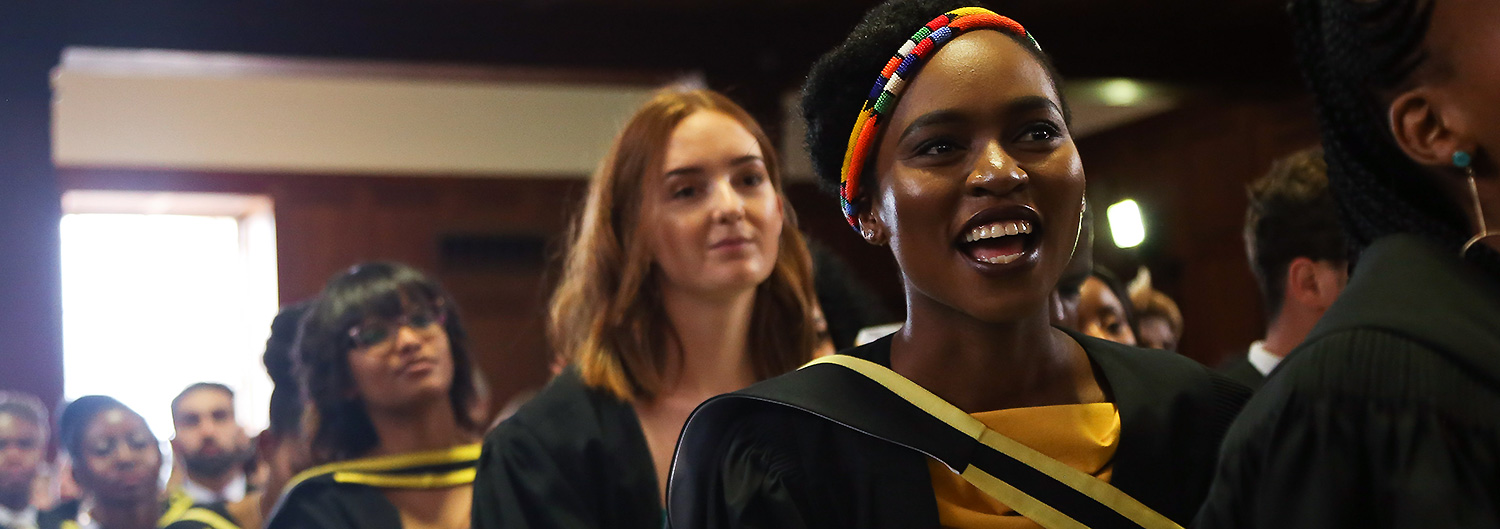
Full ceremony recordings
Creative works and book awards
UCT recognises and celebrates major creative works and outstanding books produced by members of staff at the university.
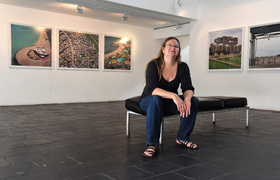
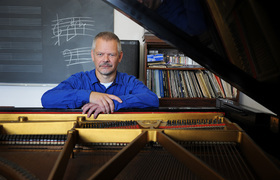
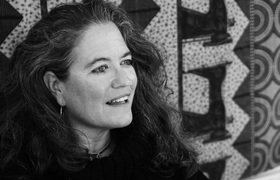
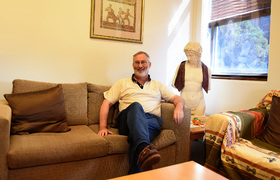
Inspired to achieve
Read about some of our remarkable students who are graduating this season.
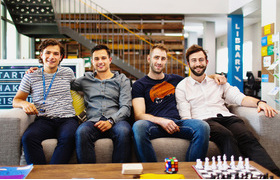
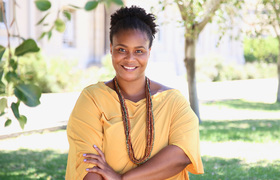
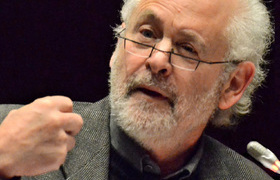
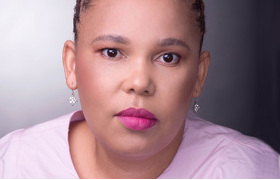
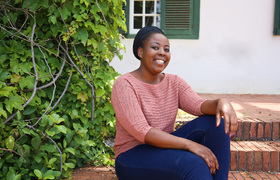
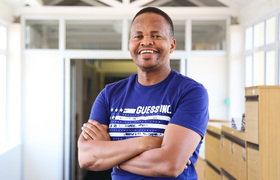
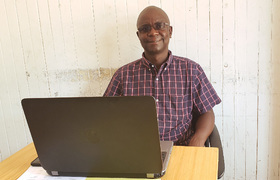
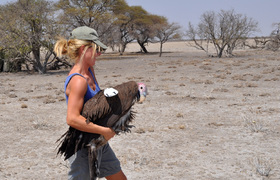
Golden memories
Members of the University of Cape Town’s class of 1968 will reunite to celebrate their Golden Graduation this week. Madi Gray, a veteran of the nine-day Bremner sit-in of 1968, will be among those UCT alumni celebrating this milestone.








